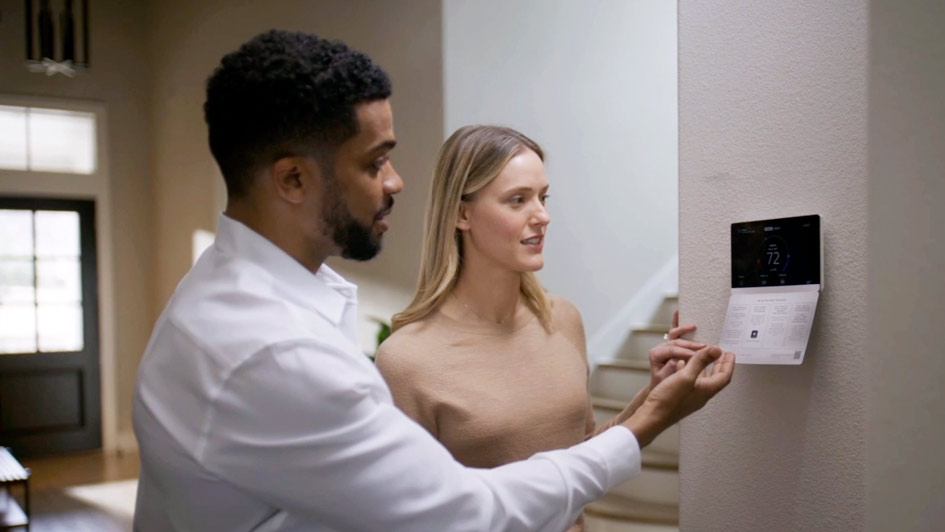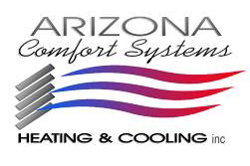
Purchasing your first home is exciting. You’re likely trying to keep track of numerous details to ensure you’re making the right choice. We believe that understanding your potential new HVAC system is essential. The property’s HVAC system represents a significant investment and source of potential long-term costs, which is why due diligence helps all first-time homebuyers.
In this guide, we’ll outline seven tips for discovering all there is to know about a home’s heating and cooling system. And if you want a deeper opinion from the pros, consider calling Arizona Comfort Systems. Our seasoned technicians can weigh in on your options with industry insights you won’t find elsewhere.
1. What Type of HVAC System Is It?
Start by clarifying what kind of HVAC system the home has. Furnaces generally last longer compared to air conditioners, and relatively new types of HVAC products like heat pumps boast average life spans that are even longer. Tracking down the make and specific model provides a much better sense of how much routine maintenance it might need.
2. How Old Is the Current HVAC System?
It’s just as smart to learn how old the HVAC system is when you're looking at a new home. For the most part, HVAC systems should survive for around 10-12 years. Having the knowledge of when it was installed helps you prepare for any needed servicing or when it might eventually stop working. Older systems may be more vulnerable to problems, so fiscal planning for a replacement unit might be needed faster than expected.
3. Does the System Have a Warranty?
Don’t forget to look into whether the HVAC system is covered by a warranty. If it is, this can lighten the load for maintenance costs. HVAC warranties should take care of parts and labor, but the details in each policy will vary. Don’t forget to look into any terms you don’t recognize to make sure you fully understand your coverage and any possible out-of-pocket costs.
4. When Was the Last Time It Received Maintenance?
Take a close look at the maintenance history of the HVAC system, if such information is available. This kind of information can demonstrate if the repair needs are high or how much upkeep was provided. You should at least try to track down a history of key tasks such as changing the air filter, which means it enjoyed more regularly scheduled tune-ups.
5. Are You Aware of the System’s Energy Efficiency Ratings?
Purchasing a home with a heating and cooling system with strong energy efficiency isn’t just smart; it leads to smaller utility bills and a smaller environmental impact. Locate the seasonal energy efficiency ratio (SEER) ratings for air conditioning along with the annual fuel utilization efficiency (AFUE) for furnaces. Higher SEER ratings mean better cooling across the entire season, while high AFUE ratings indicate that the fuel is efficiently converted into useable heat.
6. Can You Spot Trouble During Your Inspection?
Even if you don’t have the know-how of an HVAC technician, you should still examine the HVAC system on your own. Watch closely for any concerning items that weren’t mentioned by the seller or real estate agent. This might consist of odd sounds, spots with uneven heating or cooling and attempts at concealing any serious damage.
7. Is an Experienced HVAC Technician Available to Help?
If you're still hesitant to make an offer because of the overall state of the HVAC system, it's never a bad idea to get an assessment and recommendation from trained HVAC professionals. They will be much more likely to catch things you might miss, including leaking coolant, wiring issues or flawed ductwork.
A Call with Arizona Comfort Systems Simplifies Your Home-Buying Journey
Selecting your first home should be thrilling, and Arizona Comfort Systems will do everything possible to ensure yours is too. Get in touch with us at 520-415-5681. We can go over the details about how our HVAC services give you peace of mind, giving you what you need to step into your new home with confidence.
